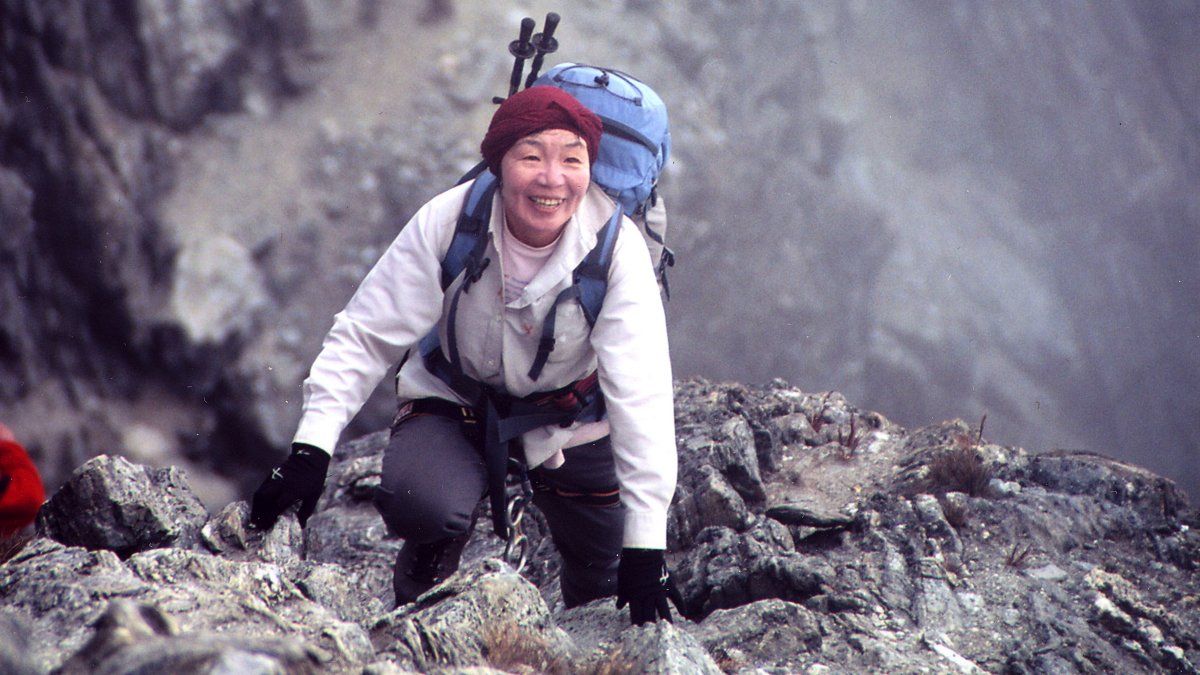 ← Back to Articles
← Back to Articles5 Game-Changing BIPOC Women in the Outdoors
By Ambika Rajyagor
No. 1 Junko Tabei
Born in Japan on September 22, 1939, this adventurous air sign would grow up to be one of the most notable names in Outdoor history. Bagging her first summit on Mount Nasu at 10 years old, Junko Tabei realized that her passions were in the mountains, and not in the socially suggested norm of a classroom. While financial struggles and family priorities kept her from continuing her mountaineering passions (being outdoorsy is not cheap!!), Junko made it her life’s mission to pursue her dreams after completing her college teaching degree. Shortly after completing her studies, Junko joined several climbing clubs throughout her region-- all notably male dominated.
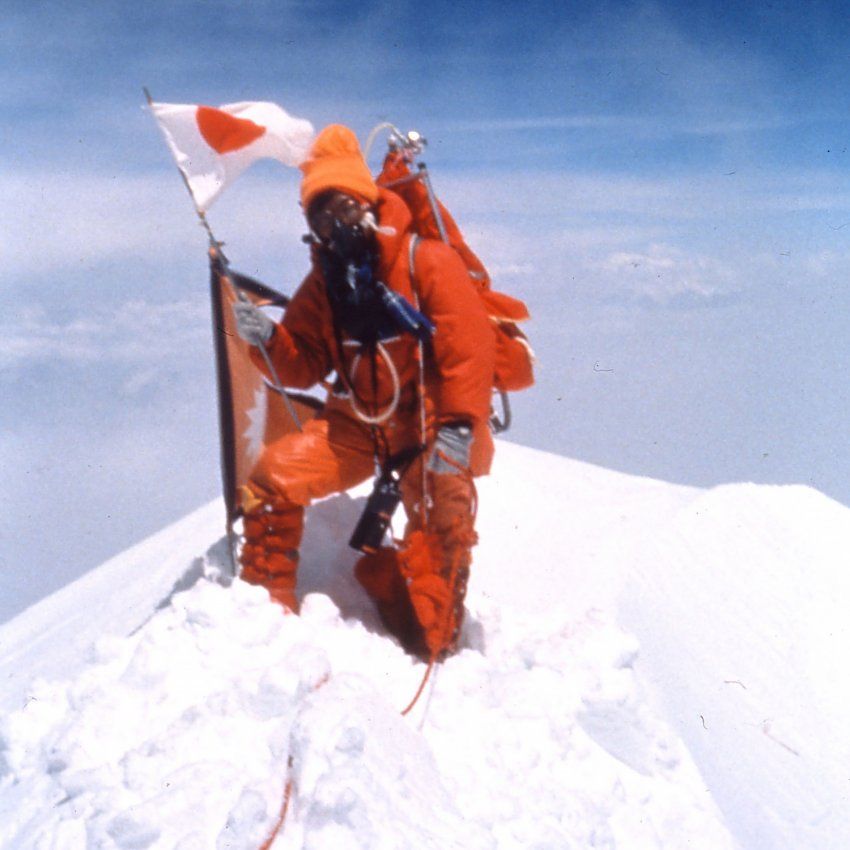
She eventually went on to co-found her own women’s club in Japan, called the “Joshi-Tohan Club,” as a response to the discrimination she faced for being one of the only women in mountaineering. In a reflection of her early club experiences, Junko stated that if male members didn’t flat-out reject climbing with her, they would tell her that she was only there because she wanted to find a husband. In any case, by helping create one of the first female-led mountaineering clubs, Junko was already beginning to make her mark on the world.
The Joshi-Tohan group would go on to accomplish several summits, including the treacherous Annapurna III in the Himalayas, and most notably, Mt. Everest. On their 1975 expedition to Everest, Junko and her team survived an avalanche on the mountain, and after a few days of rest, Junko pressed on for the summit. On May 16th, 1975, Junko Tabei became the first woman to ever summit the highest peak in the world, thus paving the way for all women in mountaineering. And if that wasn’t all-- Junko later continued her climbing goals with the rest of the world’s tallest peaks, becoming not only the first woman to summit Everest, but also the first woman to summit all 7 of the world’s highest points.
2. Seba Johnson
Seba Johnson’s next up on the list of Greats, as the first Black Woman to Ski at the Olympics and also the youngest Alpine skier to ever compete in her category. Seba was born in 1973 in the U.S. Virgin Islands, and later moved from this tropical climate to the more snowy and mountainous areas of New Hampshire, Maine, and Nevada. By the time she was 7 years old, Johnson was already skiing-- and by the time she was 14, she had advanced her talents to Olympic levels, eventually qualifying her for the 1988 Winter Games. By 15, she had already placed in the top 30 of numerous international competitions, and soon after, she qualified for the Olympics again-- ultimately solidifying her path as a pioneer for women of color in Winter sports. Seba Johnson’s next up on the list of Greats, as the first Black Woman to Ski at the Olympics and also the youngest Alpine skier to ever compete in her category. Seba was born in 1973 in the U.S. Virgin Islands, and later moved from this tropical climate to the more snowy and mountainous areas of New Hampshire, Maine, and Nevada. By the time she was 7 years old, Johnson was already skiing-- and by the time she was 14, she had advanced her talents to Olympic levels, eventually qualifying her for the 1988 Winter Games. By 15, she had already placed in the top 30 of numerous international competitions, and soon after, she qualified for the Olympics again-- ultimately solidifying her path as a pioneer for women of color in Winter sports.
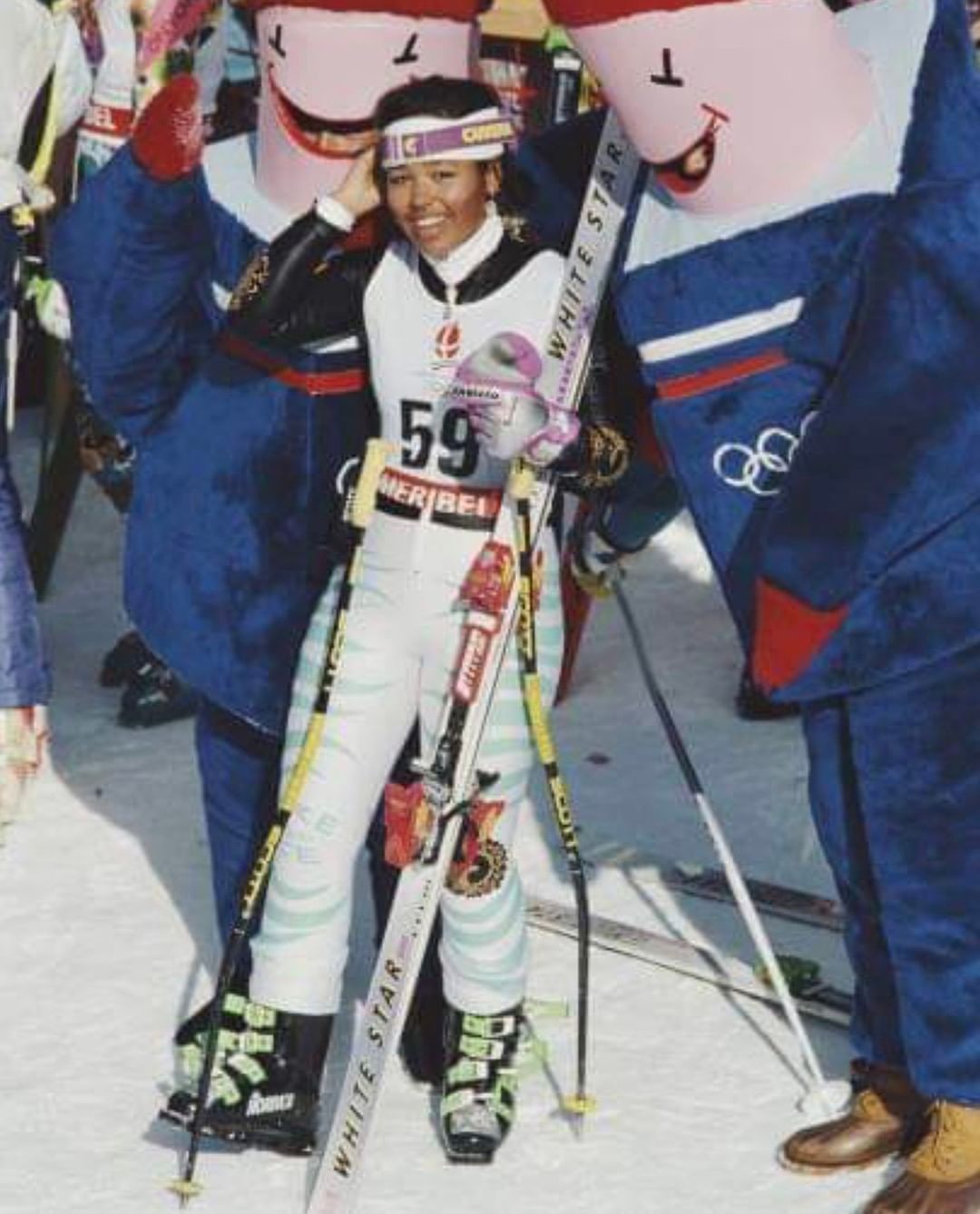
As one of the leading women in Outdoor history, Seba not only paved the way in athletics, but she also became known for her environmentalist pursuits. Growing up a life-long vegan had impacted her positions on the treatment of animals-- and as both an Olympic athlete and an animal rights activist, Seba used her platform to speak on these issues.
Throughout her career, Seba advocated for the industry protection of animal byproducts in Winter gear. Her resilience and strength to push boundaries is evident in her refusal to wear suits containing wool or leather in the 1989 World Cup Ski race, and her challenging of Norway and Japan for their roles in the whaling industry. Seba went on to use her platform to advocate more for both animal and human rights, and eventually retired from Athletic competitions to focus to further her education on these efforts.
No 3. Rell Sun
Rell Kapolioka'ehukai Sunn, also known as “Rell Sun,” was an American World Surfing Champion and a pioneer for Women in Surfing. Born in Hawaii on July 31, 1950, and in an area known for being one of the birthplaces of surfing-- it seemed like Rell was literally destined for greatness in this sport. At the age of 4, she picked up her family’s board, and began riding waves. As with most Outdoor sports, surfing was very expensive-- but instead of replacing her board frequently like many other surfers, Rell decided she would keep using her family surfboard until it eventually wore down. She would continue to practice her talents, maintain her equipment, and later enter in a competition to win her very own new surfboard. In this time, she also became Hawaii’s first female lifeguard-- paving the way for more women in water sports. By the age of 16, Rell had mastered her category, and was traveling around the world in competitions alongside the surfing legend, Duke Kahanamoku.
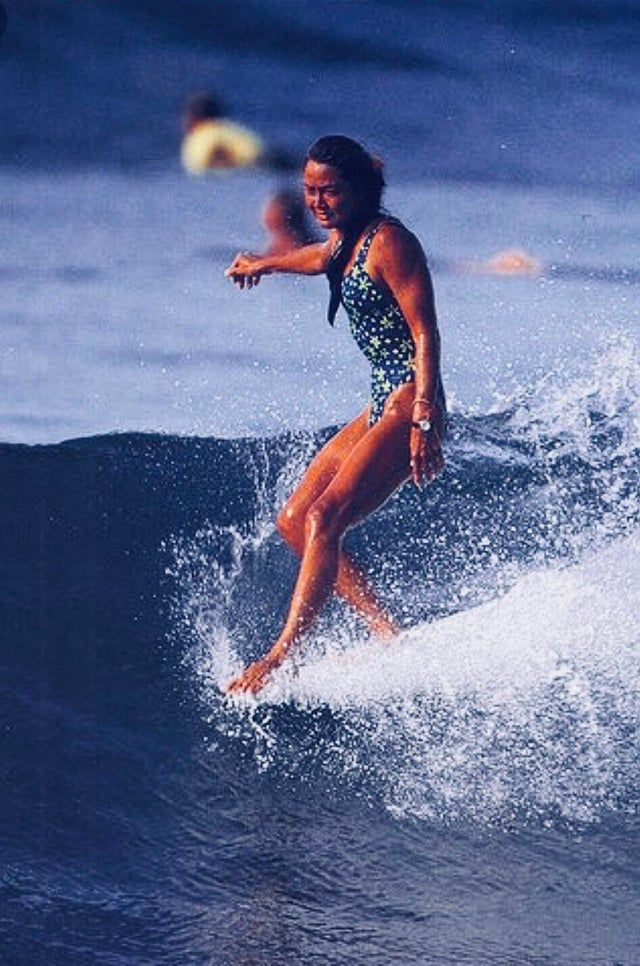
After establishing her career as one of the world’s best surfers, Rell began using her platform to advocate for women’s equality within the sport. In 1979, she co-founded the WPS (Women's Pro Surfing), to create a new space for women in the Outdoor community. Along with her team, she went on to rank as #1 in the Women’s Surf tour, and eventually have her name inducted into the Surfing Hall of Fame.
In 1982, at the young age of 32, tragedy struck. Rell was diagnosed with Breast Cancer and was only given a year to live. Despite the pain from the cancer and her treatments, Rell defied all odds and pursued surfing every single day. Because of a combination of her aggressive treatments and her own inner resilience, Rell went into remission. She lived 14 years past her initial diagnosis of just a year, and she surfed every single day of it. Rell Sun is one of the most iconic women in water sports, and will be remembered for her incredible perseverance through economic, social, and medical barriers.
No 4. Elsye “Chardonnay” Walker
Elsye Walker is the first African-American woman to complete the coveted “Triple Crown” of thru-hiking trails in the contiguous United States. In 2018, she completed the Appalachian trail, which along with the Pacific Crest Trail and the Continental Divide Trail-- makes her one of only 334 people to have accomplished this feat.
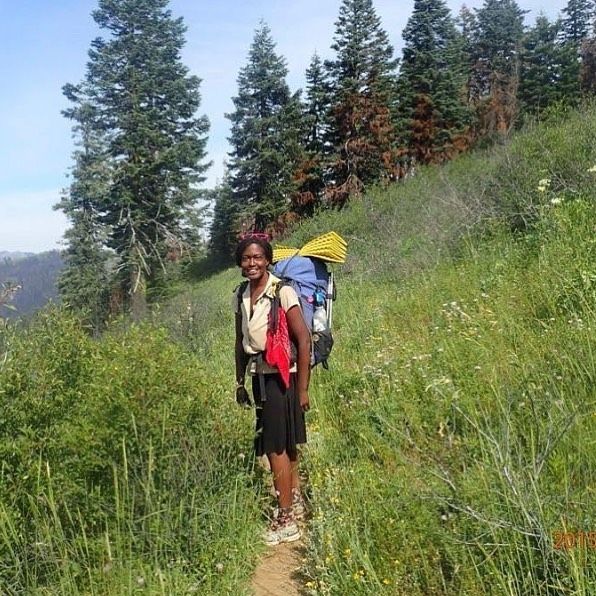
While she pursued backpacking later in her life, and excelled so prominently at her thru-hiking accomplishments-- Elsye’s recent achievements in the hiking world have placed her as one of the most notable pioneers for women in the Outdoors.
Elsye is currently still an avid hiker, and continues to advocate for women in Outdoor spaces through her ongoing adventures, and her presence on social media. Her own personal writings, along with reports of her trail travels, prove that not only is Elsye a talented and multifaceted outdoor leader-- but she’s also one of the most personable and down to earth Outdoor pioneers. Elsye’s accomplishments as an outdoorswoman have paved the way for a more inclusive and representative Outdoors.
No. 5 Desiree Linden
Concluding this list of incredible women is Desiree Linden. In 2018, Desiree became the first American woman to win the Boston Marathon in 33 years, and the first Mexican-American woman to ever win the Boston Marathon. As a lifelong athlete, Desiree has always been among one of the top performing runners in every category she’s been in. She has come close to winning the Boston Marathon multiple times before, and long before her recent accomplishment of ending a decades-long drought for American winners, Desiree competed for the Olympic team for the marathon.
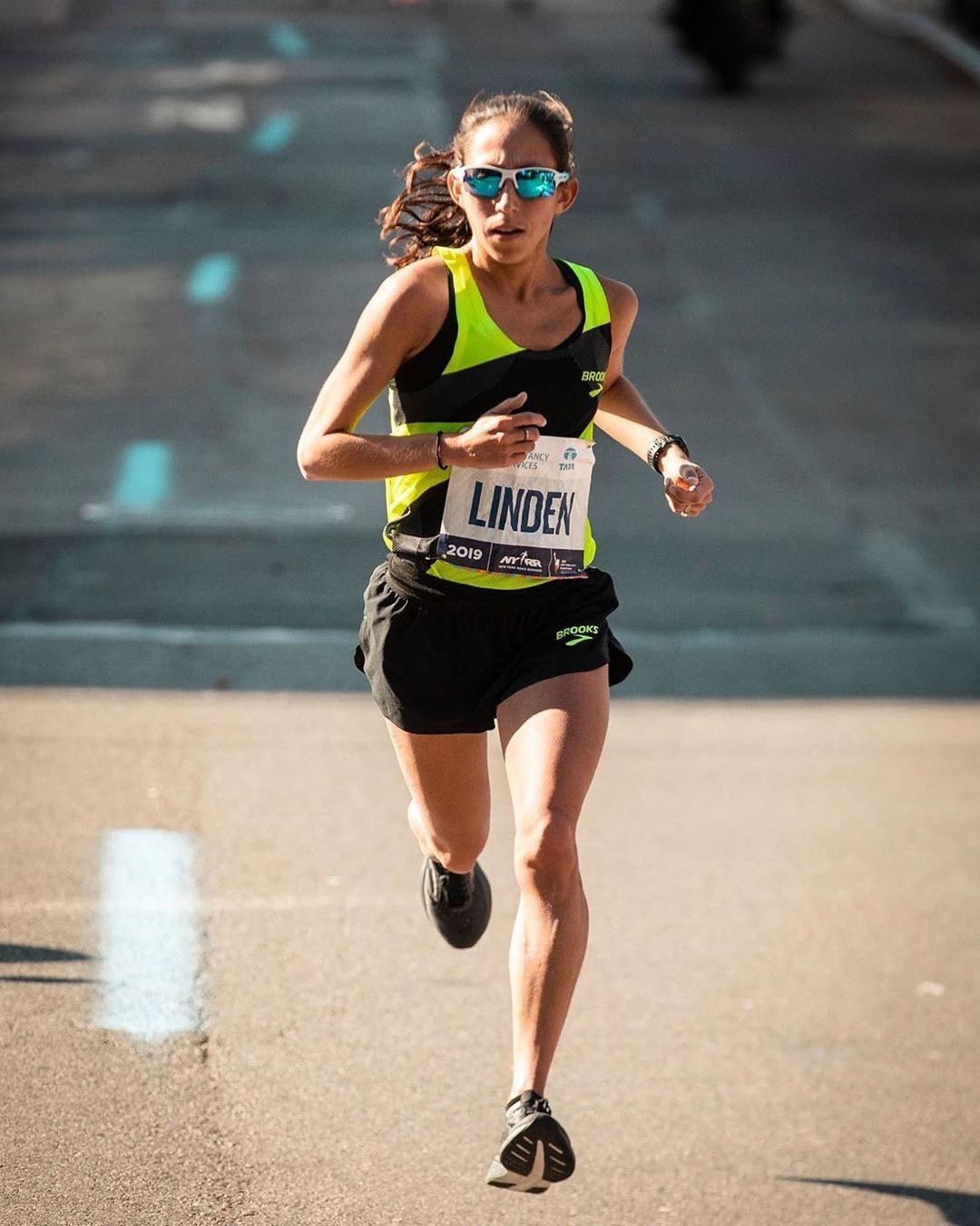
Desiree represented the United States in the 2012 London Olympics, and again in the 2016 Rio de Janeiro Olympics. This year, she qualified for the 2020 Olympic team and although the Olympics were ultimately postponed-- it’s clear that this isn’t the end of the road for Desiree Linden’s running career. She continues to be an active outdoor runner, and will go on to pave the way for more diverse representation in the running community.
You Might Also Enjoy:
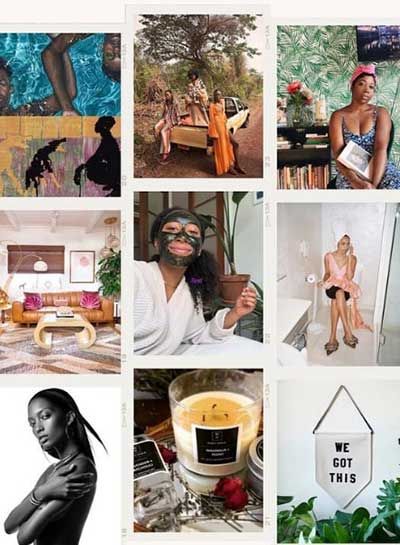

=var('categoryText')
Black Owned Businesses You Have To Check Out
By Bailey N.
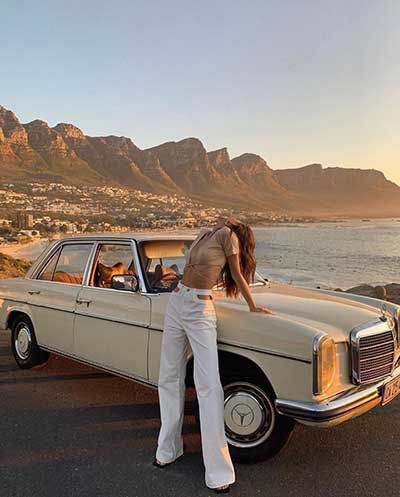

=var('categoryText')
The Halfdays Guide to Planning A Road Trip
By Karelle G.
.jpg)

=var('categoryText')
5 Ski Resorts That Are Better In The Summer
By Bailey N.
© Copyright Halfdays Apparel Corp 2024

.svg)